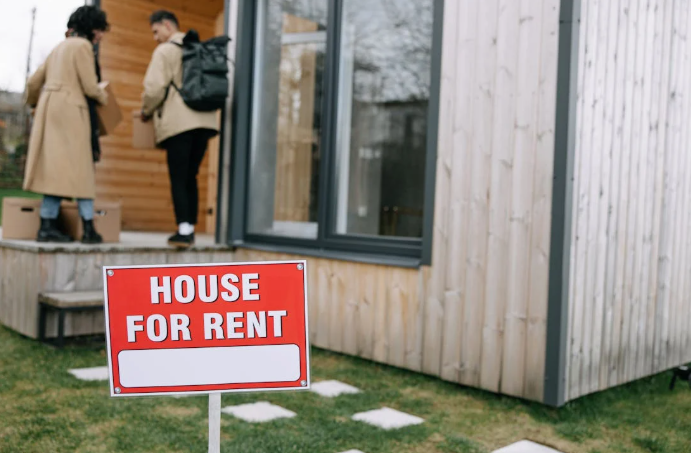A bill currently under consideration in the South Carolina Legislature could alter the operational procedures for short-term rental companies such as Airbnb and VRBO. The proposed legislation, which has already been approved by the House of Representatives, would modify the collection process for taxes on short-term rentals, a change that has raised concerns among some property management firms.
Representatives of short-term rental management companies have expressed worry about the potential negative impact of this change on their businesses.
Under the current system, short-term rental platforms collect accommodations and sales taxes at the time of booking and remit these taxes directly to the state. If the bill is enacted, renters would instead pay these taxes directly to the property manager.
The Republican representative who sponsored the bill acknowledged its controversial nature, noting that it involves tax revenue that is allocated to counties and cities. The rationale behind the bill is that these short-term rentals, operating as commercial residential properties, require more services from local governments and should therefore be subject to a different tax structure, similar to traditional housing.
Airbnb has argued that the bill is unnecessary, as marketplace platforms already handle the collection and remittance of accommodation taxes on behalf of property management companies. The company stated that the bill would create significant complications by establishing three separate systems for collecting local taxes, a structure not required by any other state.
Concerns have also been raised that the proposed legislation represents a desire to revert the industry to practices prevalent 20 years ago, potentially undermining consumer protections offered by third-party intermediary platforms. Airbnb further suggested that the bill could create privacy issues for guests by requiring accommodation intermediaries to share confidential consumer information, including credit card numbers, with hosts.
The bill will need to be passed by the state Senate in the next legislative session and subsequently signed by Governor Henry McMaster before it can become law.
Sign up for our Sunday Spectator. Delivered to your inbox every Sunday, with all the news from the week.










